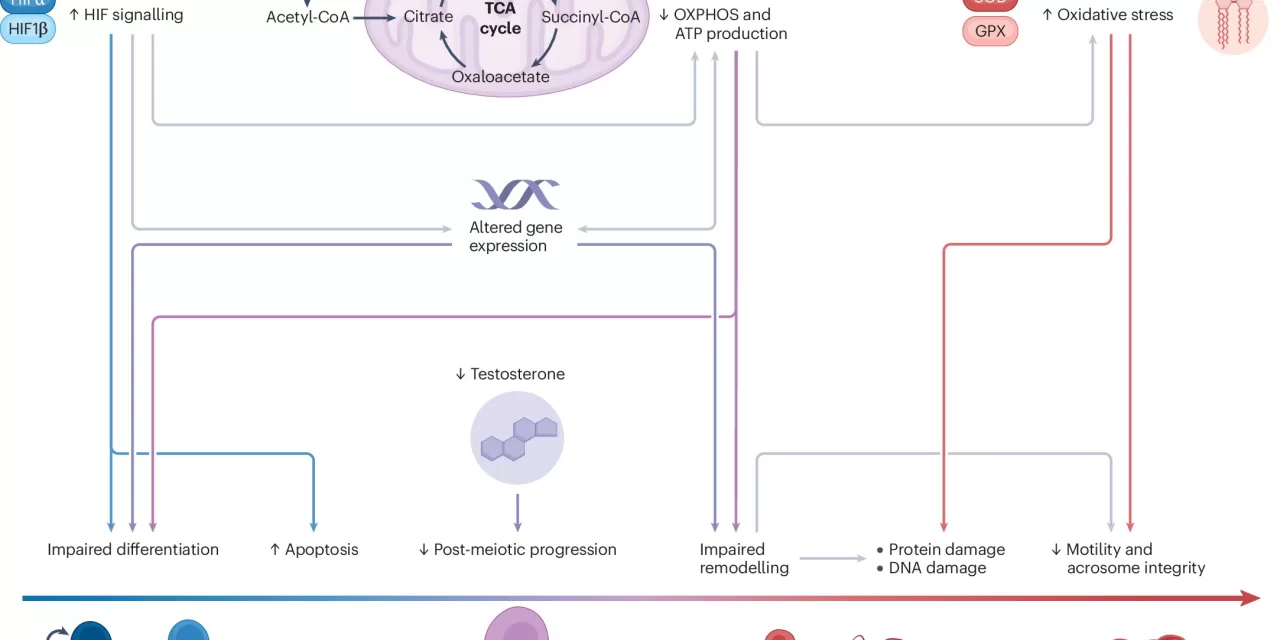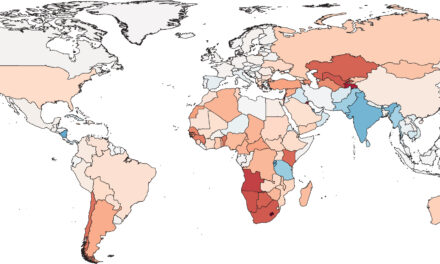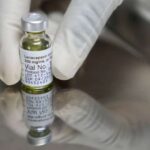Newcastle, Australia – A new study published in Nature Reviews Urology has linked medical conditions that deprive the testes of oxygen, such as sleep apnea, to the decline in male fertility observed over the past 50 years.
Led by Dr. Tessa Lord, a reproductive biologist at the University of Newcastle, the review explores how factors like sleep apnea, varicocele (enlarged veins in the scrotum), and high-altitude exposure impact sperm quality and overall reproductive health in men.
“Conditions like varicocele and sleep apnea reduce oxygenated blood flow to the testes, a phenomenon known as testis hypoxia,” Dr. Lord explained. “This can disrupt hormone production and gene expression, negatively impacting sperm count and quality.”
The review examined findings from multiple studies, highlighting the sustained threat to reproductive health posed by chronic hypoxia caused by conditions like sleep apnea and varicocele. While high-altitude hypoxia can also impact fertility, the effects are generally temporary and reversible.
Dr. Lord emphasized the urgent need for further research to understand the direct effects of sleep apnea on sperm production and quality. She also highlighted the potential intergenerational effects of testicular hypoxia, suggesting that fathers with these conditions may pass on developmental issues to their offspring, potentially impacting their fertility as well.
“We know male fertility has declined significantly over the past 50 years,” Dr. Lord said. “Addressing conditions like sleep apnea and varicocele could not only improve fertility outcomes today but also help safeguard the reproductive health of future generations.”
Key takeaways:
- Testicular hypoxia: Conditions like sleep apnea and varicocele reduce oxygen supply to the testes, impacting sperm quality.
- Intergenerational effects: Paternal hypoxia may lead to developmental issues in offspring, potentially impacting their fertility.
- Urgent need for research: Further studies are crucial to understand the full impact of sleep apnea on sperm and the extent of intergenerational effects.
- Early intervention: Timely management of conditions like sleep apnea and varicocele can mitigate associated fertility risks.
This study underscores the importance of addressing conditions that contribute to testicular hypoxia in order to improve male fertility and protect reproductive health for future generations.
Disclaimer: This news article is for informational purposes only and does not constitute medical advice.
Note: This article is a simplified version of the provided information and may not include all the details.











